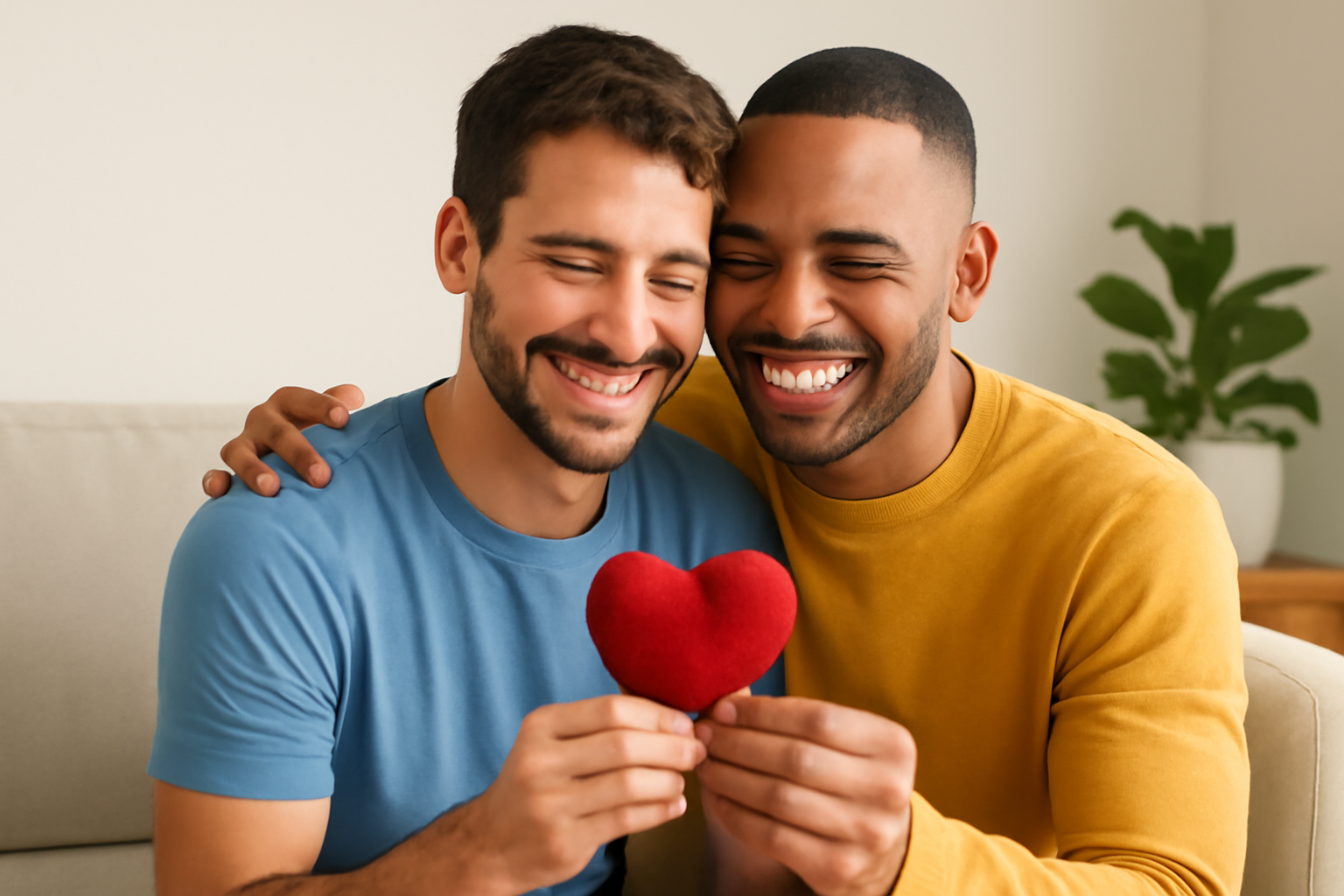
As we approach a day often associated with love and connection, the pressure to create memorable experiences for loved ones intensifies. For many, it's a day filled with joy, while for others, it presents unique challenges, especially those navigating recovery from substance use.
For individuals recovering from addiction, relationships can introduce complexities as the journey of personal growth coincides with the emotional aspects of intimacy. However, it's entirely possible to cultivate loving relationships while prioritizing sobriety. Below are insights and practical steps for those in recovery looking to engage in romantic connections.
Understanding the Challenges of Romance in Recovery
Romantic relationships are inherently unpredictable, adding layers of complexity for anyone undergoing significant life changes, such as recovery. The social aspects of dating often involve environments where alcohol or drugs are present, posing potential triggers for those in recovery.
In the LGBTQ+ community, these challenges can be compounded by additional factors such as strained family ties and societal pressures. Studies show that LGBTQ+ individuals are more likely to experience substance use disorders, making it crucial to adopt strategies that support both sobriety and romantic fulfillment.
Prioritizing Recovery in Relationships
It's vital to establish sobriety as the cornerstone of your life before entering any relationship. Confidence in maintaining your recovery is essential. Begin with honesty—openly share your journey with potential partners to set a healthy foundation. Discuss your boundaries and triggers early on to prevent misunderstandings.
Trust builds through transparent communication about past struggles and future aspirations. Clear expectations regarding personal needs and triggers help create a supportive and safe environment for both partners.
Exploring Sober-Friendly Activities
When planning dates, opt for activities that don’t revolve around alcohol or drugs. Consider hiking, art classes, coffee meet-ups, sports, walking, or casual lunches. Exploring these sober-friendly options can strengthen relationships while supporting a sober lifestyle. Creativity in planning can lead to memorable experiences that deepen the connection with your partner.
Leaning on Support Networks
Your support network—comprising sponsors, therapists, and support groups—plays an essential role in processing emotions arising from dating and relationships. Mental health statistics indicate higher stress levels among LGBTQ+ individuals, underscoring the importance of accessing supportive resources.
Local resources like the DC LGBTQ+ Community Center offer valuable support for health and wellness within the community. Additionally, the D.C. Office of Human Rights provides a resource portal for LGBTQIA+ individuals, and the 988 Suicide and Crisis Lifeline offers access to trained counselors for those experiencing distress.
Embracing Growth and Positivity
If the prospect of romance seems daunting, remember to seek guidance, engage with your community, and maintain positivity. Romantic relationships during recovery demand vulnerability, self-awareness, and a steadfast commitment to sobriety.
By confronting challenges directly and embracing opportunities for growth, individuals in recovery can forge meaningful and fulfilling romantic connections. The journey may require courage and resilience, but the rewards of a supportive partnership are profound.
Marie Garceau, an expert in addiction recovery, has dedicated over a decade to community outreach and awareness, providing insights into cultivating healthy relationships while maintaining sobriety.
Related Posts
Triumphant Trans Woman Wins Legal Battle and Inspires Others to Stand Up for Their Rights
Breaking new ground: a landmark victory in transgender rights After battling in courtrooms and enduring endless challenges, Diana Portillo, a transgender woman, has secured a monumental victory in her decade-long fight against workplace discrimination. The result? Nearly $1 million awarded in a historic settlement. But this isn't just a win on paper—it represents a powerful precedent in combati [...]
Pride Month in Latin America: Protests and Demands for Equality
**Celebrating Pride and advocating LGBTQ+ rights in Latin America** Pride Month in Latin America was a lively mix where celebration met activism. Communities united, not just throwing a party but making a stand—demanding equality and pushing governments toward better protection and rights recognition. Throughout Latin America, pride events erupted in marches and cultural displays, each with a c [...]
Transgender Erasure Actions Implemented by National Park Service
```html Trump administration's impact on national park service and transgender recognition The Trump administration made notable moves in undermining transgender representation, which included directing agencies like National Park Service not include "T" and "Q" when they refered “LGBTQ” in any official communication. This move seems part a broader plan by this administration aimed at reducin [...]